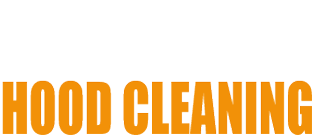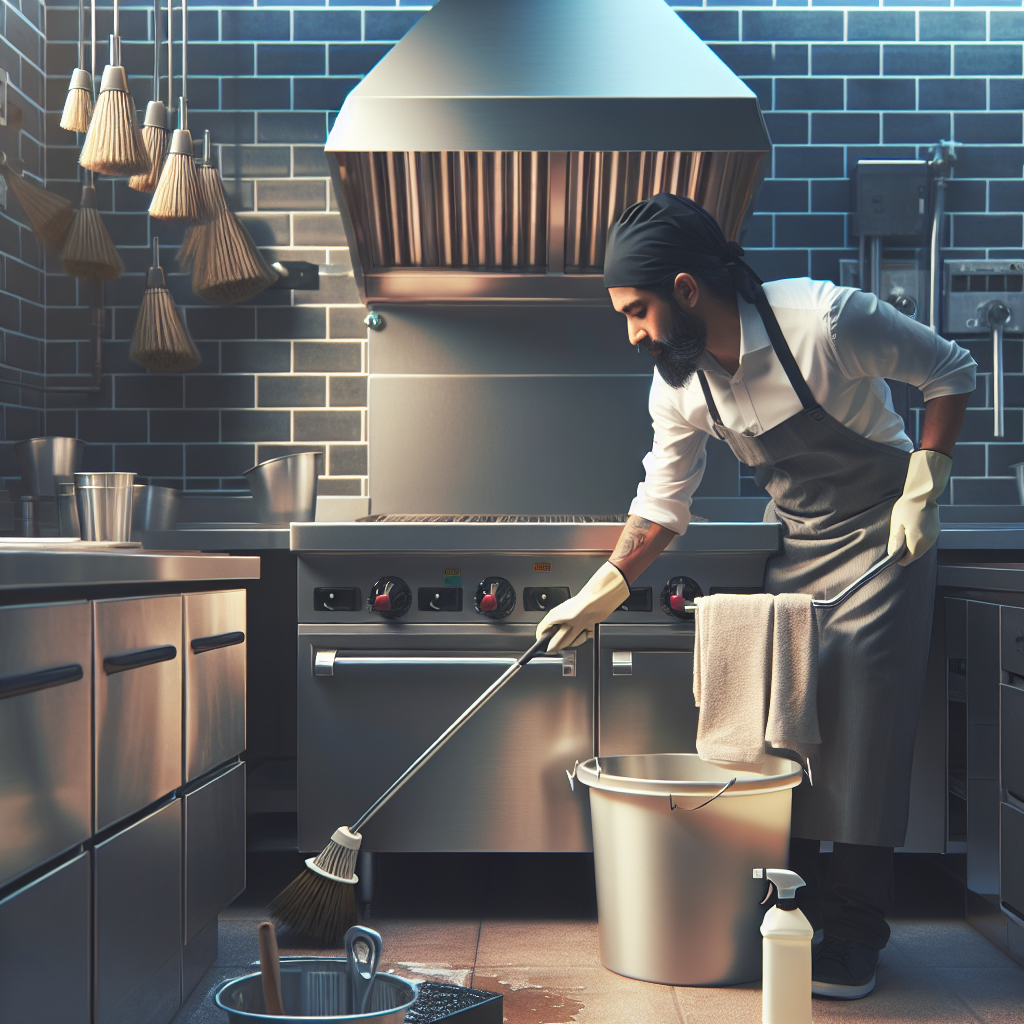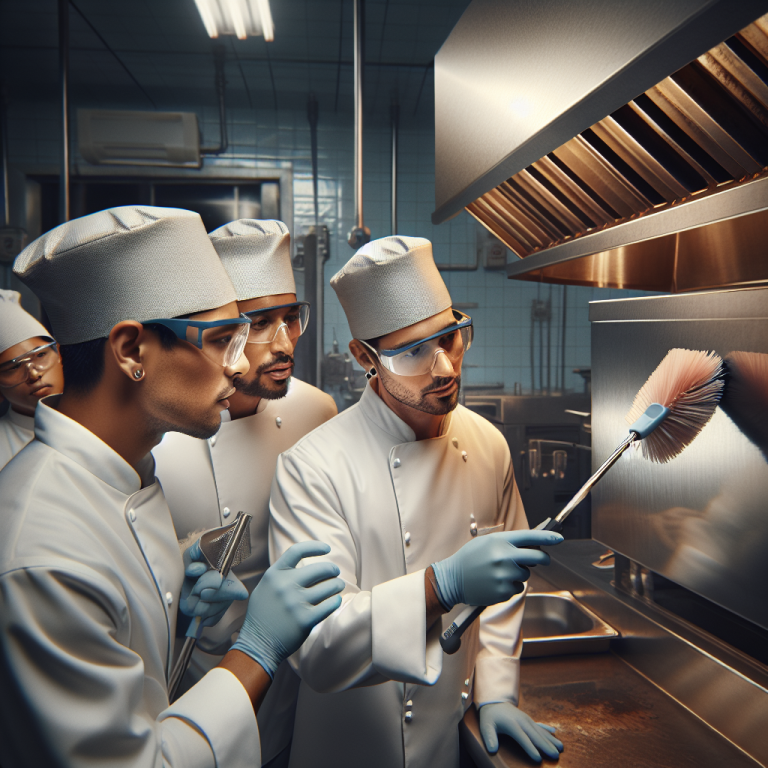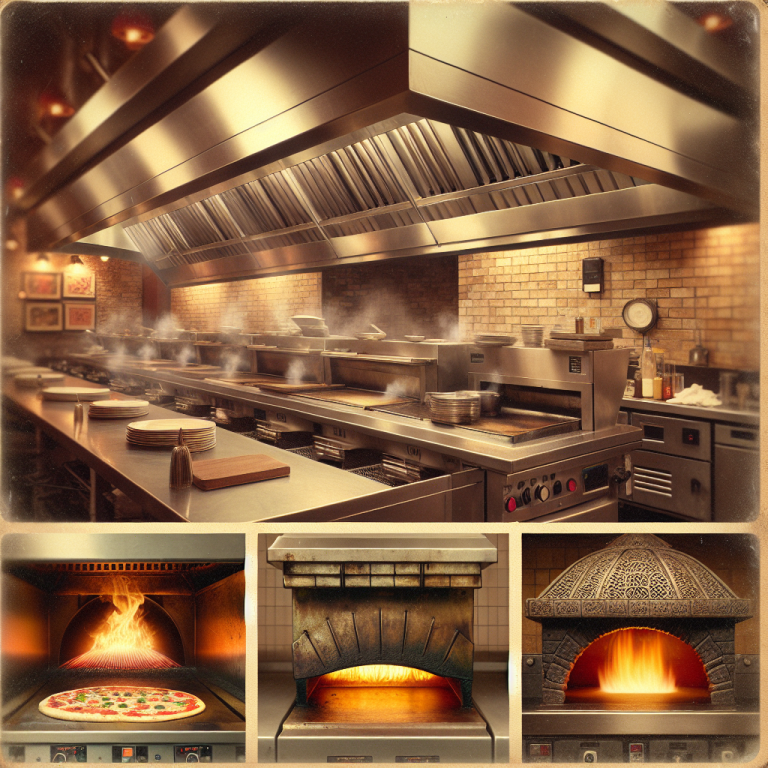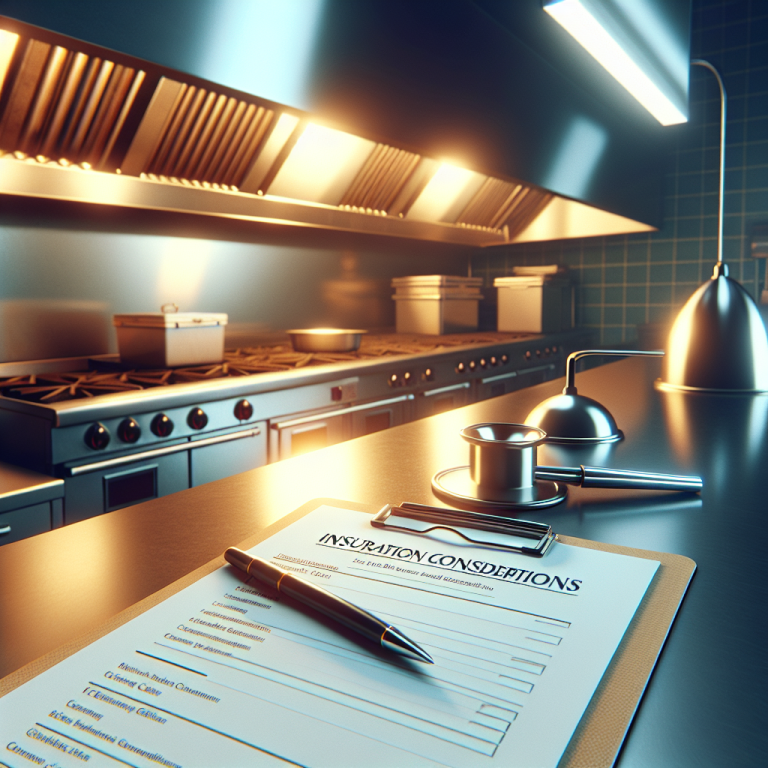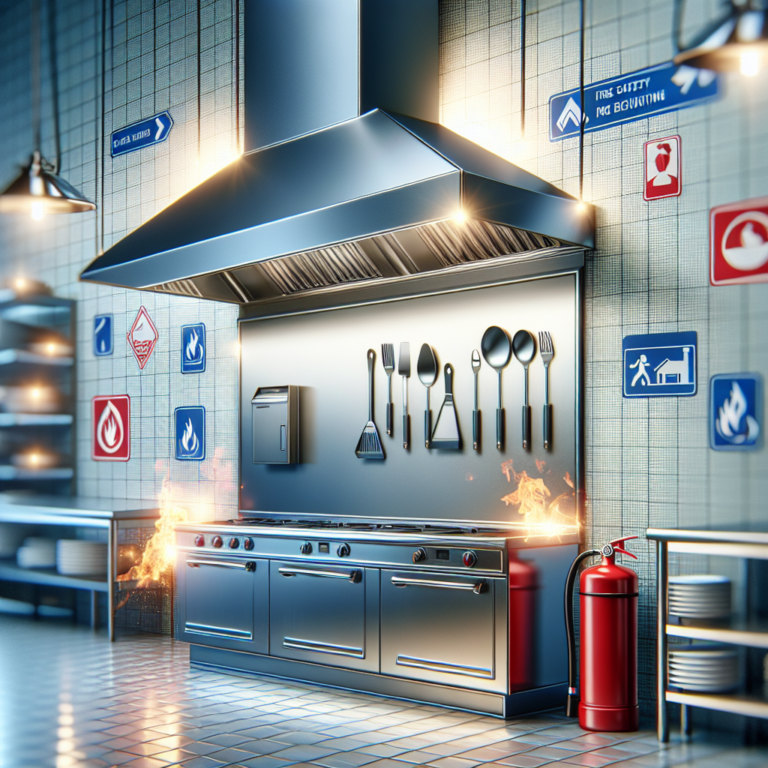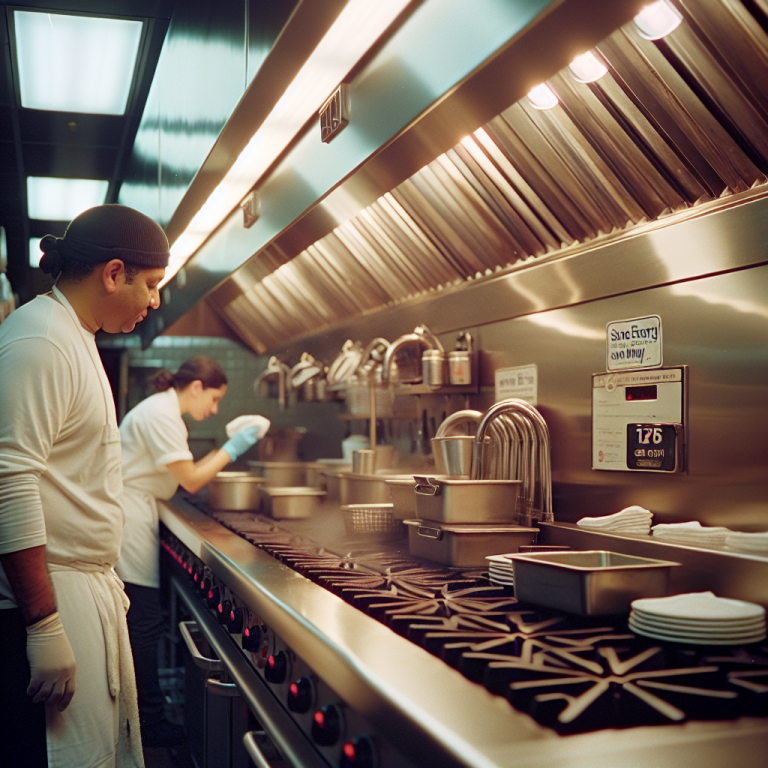Ultimate Hood Cleaning Guide: Essential Tips for a Pristine Kitchen
Introduction to Hood Cleaning
A sparkling kitchen is the pride of any restaurant, and at the heart of maintaining that spotless kitchen is keeping the hood clean. Whether you run a commercial kitchen or a bustling restaurant, understanding the principles of hood cleaning is paramount to ensuring a safe and functional cooking environment. In this comprehensive guide, we’ll delve into the basics of hood cleaning, covering the essential equipment, chemicals, and procedures to keep your kitchen in top shape.
Why Hood Cleaning is Essential
Hood cleaning is not just about maintaining aesthetics. It’s a critical practice for several reasons:
- Fire Prevention: Grease buildup in hoods is a significant fire hazard. Regular cleaning prevents potential fires.
- Air Quality: Accumulated grease and grime can affect the air quality in the kitchen, leading to health issues for staff.
- Compliance: Health and safety regulations require regular hood cleaning to ensure a safe working environment.
Essential Equipment for Hood Cleaning
The right equipment is crucial for effective hood cleaning. Here’s a rundown of what you’ll need:
- Scrapers: These are used to remove heavy grease deposits manually.
- Power Washers: High-pressure water jets help in dislodging stubborn grease and dirt.
- Degreasing Chemicals: Specially formulated chemicals break down grease and grime, making it easier to clean.
- Protective Gear: Safety goggles, gloves, and aprons are essential to protect yourself from harsh chemicals and heat.
Choosing the Right Chemicals
The chemicals used in hood cleaning play a crucial role in ensuring thorough cleaning. Here’s what you need to know:
- Degreasers: These chemicals are specifically designed to break down grease and oils. Look for water-based degreasers as they are both effective and environmentally friendly.
- pH-Balanced Cleaners: These help in cleaning without damaging the metal surfaces of the hood.
- Bacterial Cleaners: These get rid of harmful bacteria, ensuring a sanitary kitchen environment.
The Hood Cleaning Procedure
Cleaning the hood involves several steps to ensure it’s done correctly and safely. Here’s a step-by-step guide:
Step 1: Preparation
Before you start cleaning, ensure all cooking equipment is turned off and cool. Place plastic sheeting around the cooking area to catch any drips and use a bucket to collect used cleaning solutions.
Step 2: Initial Scraping
Use metal scrapers to remove the thick layers of grease from accessible areas of the hood. Be thorough but gentle to avoid damaging the surface.
Step 3: Applying Chemicals
Apply the degreasing chemicals according to the manufacturer’s instructions. It’s often best to let the chemicals sit for a few minutes to break down the grease effectively.
Step 4: Power Washing
Utilize a power washer to thoroughly rinse the hood. The pressure helps in removing the grease that has been loosened by the chemicals. Ensure the water temperature is at the recommended level for grease removal.
Step 5: Rinse and Inspect
Rinse the hood and surrounding areas with clean water. Inspect the hood closely to ensure no spots have been missed. If necessary, repeat the process in heavily soiled areas.
Step 6: Final Wipe Down
After rinsing, use clean towels to wipe down the hood, ensuring it’s completely dry. This step is crucial to prevent rust and maintain the hood’s appearance.
Maintenance Tips
Regular maintenance can make hood cleaning less daunting and more effective. Here are some tips:
- Scheduled Cleaning: Follow a regular cleaning schedule based on the volume of cooking in your kitchen.
- Regular Inspections: Conduct visual inspections weekly to catch grease buildup early.
- Professional Services: Consider hiring professional hood cleaning services periodically to ensure deep cleaning and compliance with regulations.
- Filter Cleaning: Clean or replace hood filters regularly to keep the ventilation system working efficiently.
Conclusion
Maintaining a clean hood is essential for the safety, efficiency, and compliance of your kitchen. While regular cleaning can be a bit of an effort, it is worth the peace of mind knowing that your kitchen is protected from potential hazards. For those seeking expert assistance, consider reaching out to professionals in the field. For more detailed information or to schedule a consultation, visit Denver hood cleaning services today.
